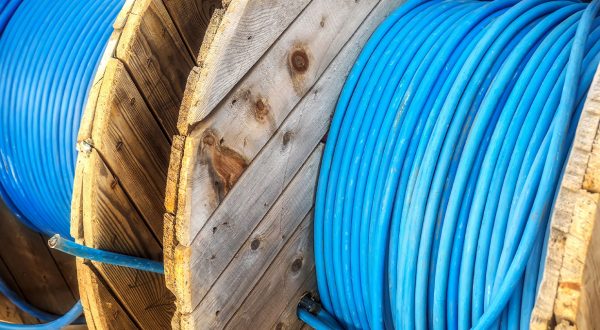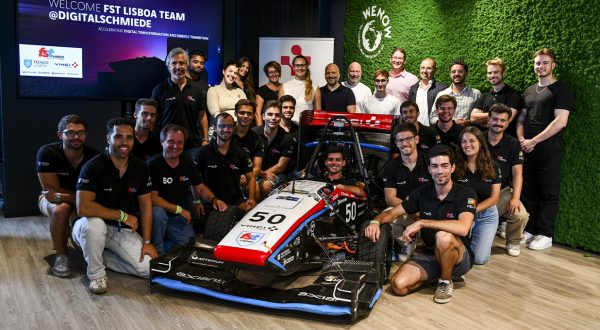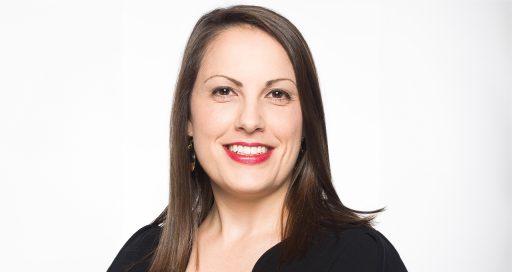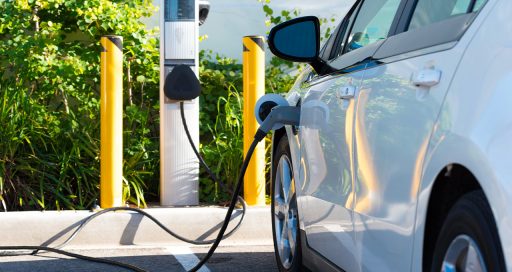A VINCI Autoroutes-VINCI Energies joint venture has been managing France’s largest network of charging points for electric vehicles since August 2020.
![]()
Set up in 2015, the eborn interdepartmental electric charging network currently brings together 11 energy authorities in south-eastern France. With 1,200 charge points spread throughout the regions of Auvergne-Rhône-Alpes and Provence-Alpes-Côte d’Azur, the network provides homeowners, businesses and local authorities with a single charging service for electric vehicles and plug-in hybrids.
In August 2020, a consortium comprising Easy Charge, a VINCI Autoroutes-VINCI Energies joint business unit, and investment fund FMET (Fonds de modernisation écologique des transports) was awarded an 8-year concession contract to manage and expand the eborn network.
“We’re responsible for funding new infrastructure and for operating, maintaining and managing the network,” says Eric Mendels, manager of the Easy Charge Lyon business unit.
Less than 30km away
Eborn is the largest network of this kind in France in terms of the number of charging points. Around 100 of its chargers provide power at 50kW, delivering 100km of range in less than 30 minutes.
With facilities both in urban and rural areas, including the mountains and even ski resorts, the network ensures users are always within 30km of a charging point.
“Thanks to the eborn badge, our subscribers not only benefit from preferential rates but they can also use almost all the other charging networks in France like Belib’ and Ionity,” points out Mendels.
The advantage of Easy Charge is that it handles not just the design and construction but also the operation and maintenance of the network by drawing on the expertise of all VINCI Group business units, including Eurovia, VINCI Autoroutes and VINCI Energies.
“This wide range of skills makes us the sole partner for the 11 departmental energy authorities heading up eborn,” states the Easy Charge Lyon manager.
100 additional charging points by 2022
Mendels stresses how crucial the commercial know-how of VINCI Autoroutes is, of which he himself is a former employee, in managing B2C subscribers.
With some 3,000 subscribers to its name, eborn has developed various services, such as the option to pre-book chargers (for 30 minutes), start charging via the smartphone app or use a system to suggest a location for a new charging point, for example.
“As soon as three people request that a charger be installed in the same area,” he explains, “we start a feasibility study to see if it would be appropriate to set up a new facility locally.”
As far as servicing is concerned, maintenance is of course key. “We are committed to responding to faulty charging points within 72 hours, and 24 hours for chargers that are used regularly,” states the business unit manager.
The company is also committed to responding within two hours to clients whose cable is stuck in the charging point, “which fortunately doesn’t happen very often!” says Mendels whose company plans to invest €3 million in installing 100 additional charging stations by 2022.
“We are committed to responding to faulty charging points that are used regularly within 24 hours.”
Germany’s highly competitive electric charging market
There were 35,845 standard charging points and 5,906 fast charging points in service in Germany at 1 April 2021 (compared with around 31,000 in total in France). The German federal government has specifically set up a company called NOW GmbH to support the sustainable mobility market. And in addition to the action taken at federal level, numerous German states have also launched funding programmes. Three main types of operator manage the country’s charging points: car manufacturers, energy suppliers and mobility start-ups. In this highly competitive market, players in the sector focus on busy routes and key areas popular with consumers (shopping centres, fast-food restaurants, DIY stores, etc.). This competition results in a considerable variation in prices for the end customer, ranging from €0.39/kWh (EnBW) to €0.79/kWh (Ionity).
16/09/2021





